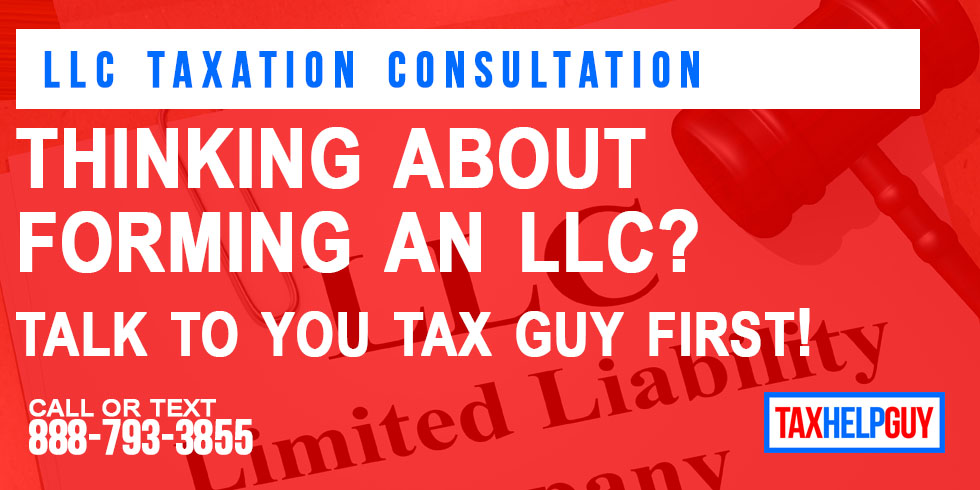Starting a business in Apple Valley, Hesperia, Victorville, or anywhere in the High Desert region is an exciting journey—but it also involves careful financial and legal planning. One of the most important considerations for new business owners is taxation. If you’re forming a Limited Liability Company (LLC), understanding how it’s taxed can make a big difference in your financial outcomes.
At TaxHelpGuy.com, we’re committed to helping local entrepreneurs throughout the High Desert navigate the complexities of business taxes. In this guide, we’ll explain how LLCs are taxed and what options are available to business owners in the Inland Empire.
What Is an LLC?
A Limited Liability Company (LLC) blends the limited liability protection of a corporation with the simplicity and flexibility of a sole proprietorship or partnership. This structure is popular among small business owners in Victorville and surrounding areas because it shields personal assets from business debts and liabilities.
How Are LLCs Taxed?
Default Tax Status – Pass-Through Entity
By default, LLCs are taxed as pass-through entities. This means the business itself doesn’t pay federal income taxes. Instead, profits and losses “pass through” to the individual members, who report them on their personal tax returns using Schedule C of IRS Form 1040.
- Single-Member LLCs: Report income on Schedule C (due April 15).
- Multi-Member LLCs: File Form 1065 by March 15 and issue Schedule K-1 to each member.
Electing C-Corporation Status
LLCs in the High Desert may elect to be taxed as a C-Corporation by filing IRS Form 8832. This may benefit businesses that:
- Are seeking venture capital or private equity funding
- Want access to broader tax deductions
- Offer employee benefits like stock options or health insurance
C-corporations file Form 1120 and pay a 21% federal tax rate.
Electing S-Corporation Status
Alternatively, LLCs can elect to be taxed as an S-Corporation by filing IRS Form 2553. This structure is still pass-through but allows owners to potentially save on self-employment taxes by separating salary and distributions.
S-corps file Form 1120S and must do so by the March 15 deadline.
Other Tax Responsibilities
In addition to income taxes, LLCs in Apple Valley, Hesperia, and the surrounding High Desert are responsible for:
- Self-Employment Taxes: For members involved in daily operations (covers Social Security and Medicare)
- Payroll Taxes: LLCs with employees must file Form 941 quarterly and Form 940 annually
- Sales Tax: Depending on your business type, you may need to collect and remit California sales tax
Need Local Tax Help in the High Desert?
Understanding LLC taxation can get complicated fast. Whether you’re forming a new business in Hesperia or expanding in Victorville, the right tax strategy can save you money and stress.
Contact the experts at TaxHelpGuy.com to get personalized guidance for your business in Apple Valley, Victorville, and beyond.
Need Local Tax Help in the High Desert?
Understanding LLC taxation can get complicated fast. Whether you’re forming a new business in Hesperia or expanding in Victorville, the right tax strategy can save you money and stress.
Contact the experts at TaxHelpGuy.com to get personalized guidance for your business in Apple Valley, Victorville, and beyond.
By: Joseph Stacy

